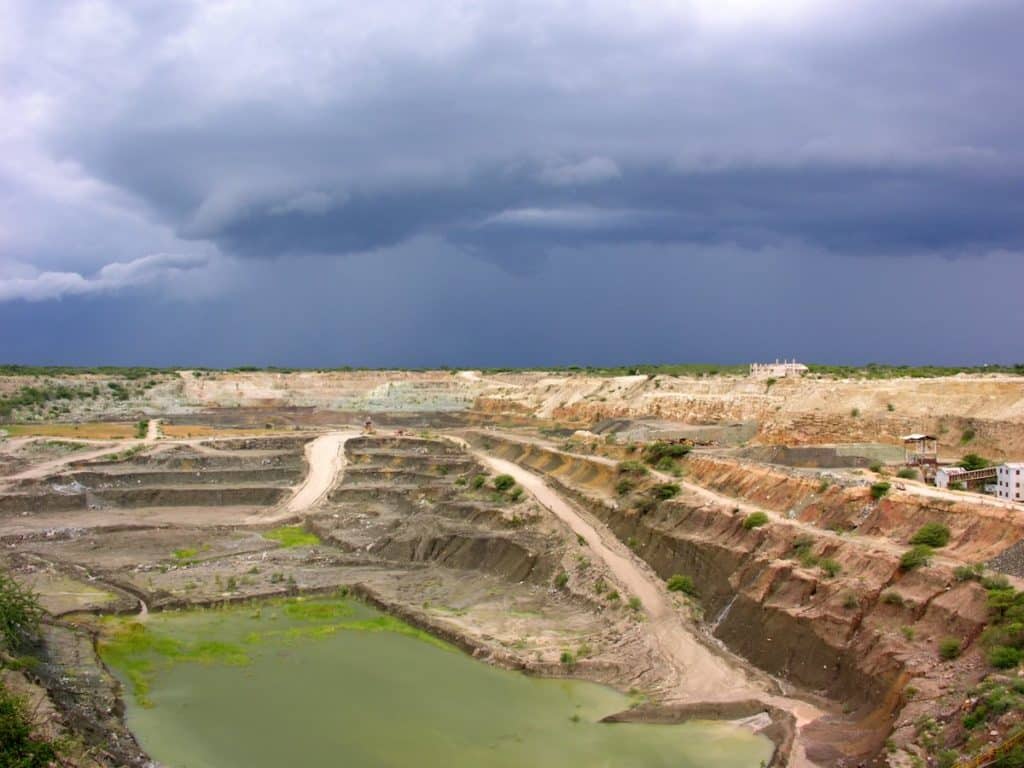
Where do victims or communities seek redress for harms caused by extractive companies in Tanzania? What is their experience, and that of legal aid providers, in engaging with courts, state-based remedy mechanisms or company grievance mechanisms? These are the critical questions that ASF tries to shed light on in a new report, entitled “Improving access to remedy for Tanzania’s extractives sector.”
As the extractive sector in Tanzania continues to grow, due to the demand for critical minerals in the energy transition, and as the construction of the East African Crude Oil Pipeline (EACOP) is starting, access to remedy for aggrieved individuals and communities should be key priority for the Tanzanian government and private companies.
The research that led to this report was undertaken in four mineral-rich regions in Tanzania: Mara, Shinyanga, Tanga and Manyara. It focused on three extractive projects, namely Barrick North Mara Gold Mine, Williamson Diamond Mine and EACOP. Despite these projects’ potential benefit for the socioeconomic development of the country, they have been linked to numerous human rights violations, including forced evictions, environmental degradation and violence towards communities, in particular women.
The report provides an overview of how state-based judicial mechanisms (courts), state-based non-judicial mechanisms (state institutions with a human rights mandate) and non-state-based mechanisms (company grievance mechanisms) function. The study then explores the levels of awareness of communities and legal aid providers (LAPs), as well as the barriers they face when attempting to access these different mechanisms.
Findings
The study findings show that community members and LAPs often struggled to access courts, due to the lack of financial means or access to a lawyer, even if they have sufficient knowledge on the role of the judiciary. There is, on the contrary, a general lack of awareness among communities and LAPs about most state-based non-judicial mechanisms: they are unaware how these bodies function, how to access them and what kind of remedies they can provide. Affected persons primarily turn to local government authorities before any other mechanism, given the easier access.
The research also analyzed operational grievance mechanisms (OGMs), directly managed by the companies. The research found that companies had not sufficiently engaged with local communities to raise awareness on the existence of these OGMs and had failed to sufficiently consult or involve local legal aid providers in the design of the OGM, which would have contributed to increasing the engagement with these mechanisms.
Recommendations
Based on the conclusions of the research, ASF recommends to all remedy actors to improve awareness-raising about their access and functioning, by putting in place effective and targeted outreach strategies. In order to improve the performance, effectiveness and accessibility of the various complaint systems, these bodies should create regular feedback mechanisms, which can improve the functioning of the remedy mechanisms. The government of Tanzania, in particular, should enhance access to state-based mechanisms and ensure compliance, by both state and non-state actors, with their decisions, to increase the credibility and the confidence of affected communities in the different remedy mechanisms.



